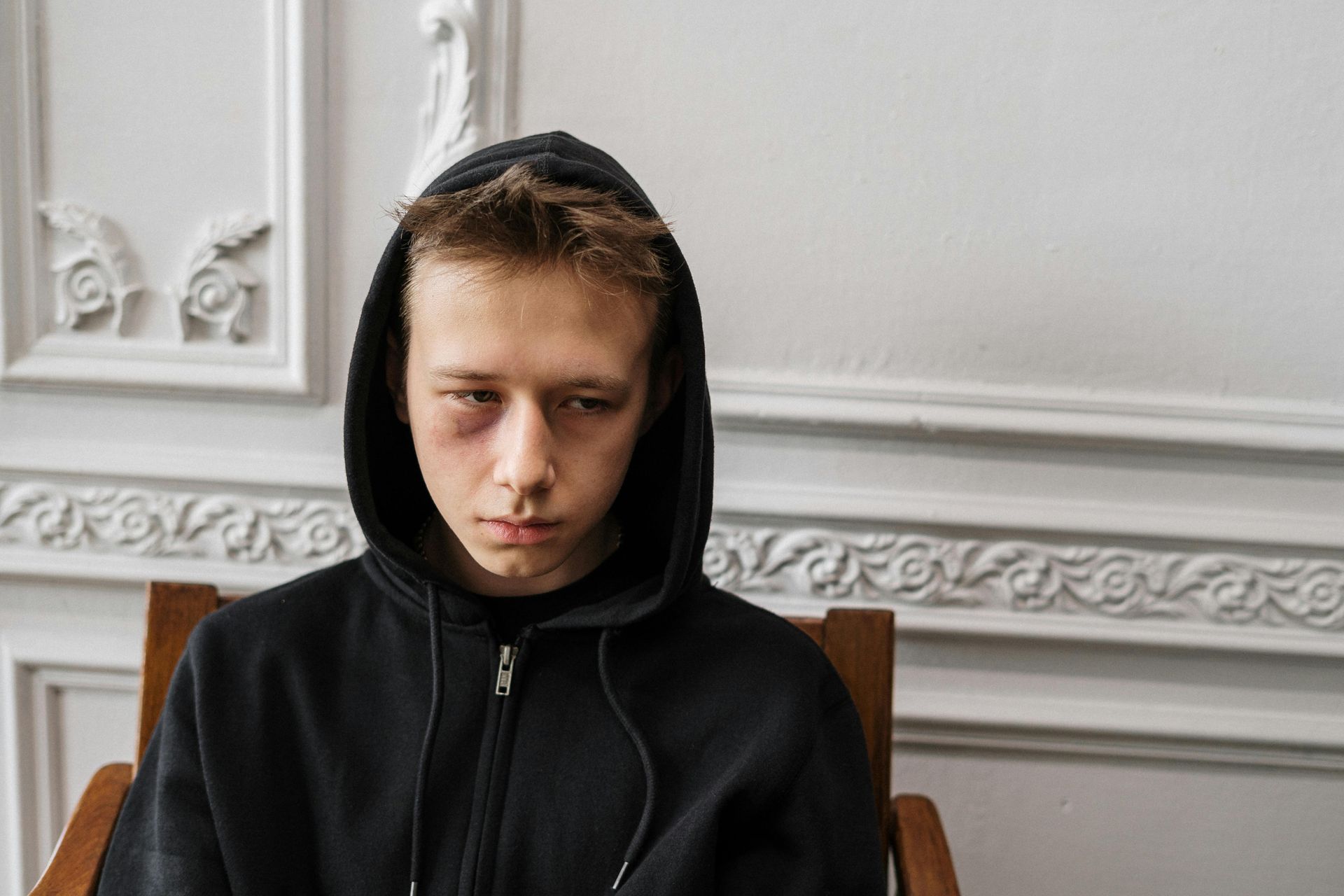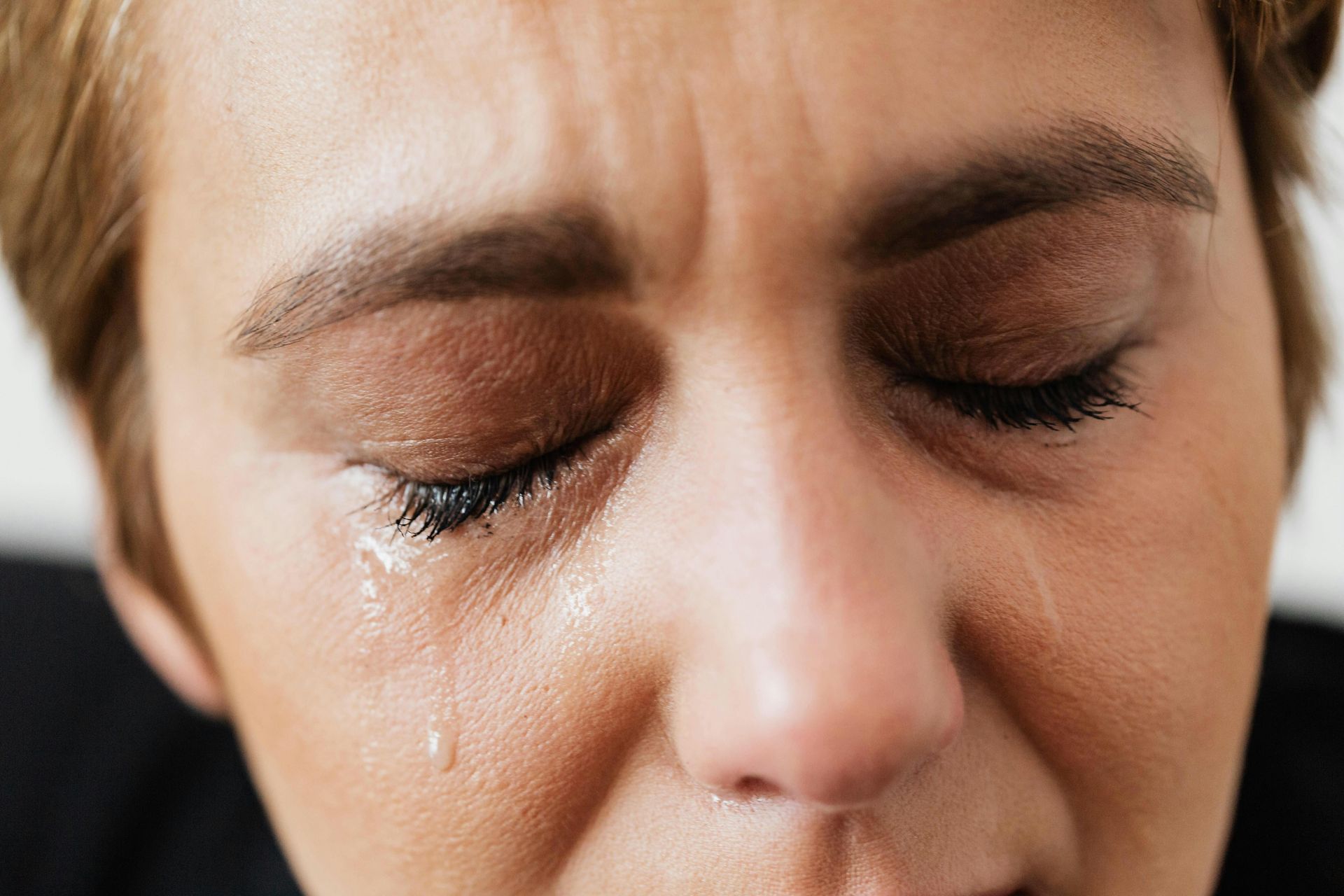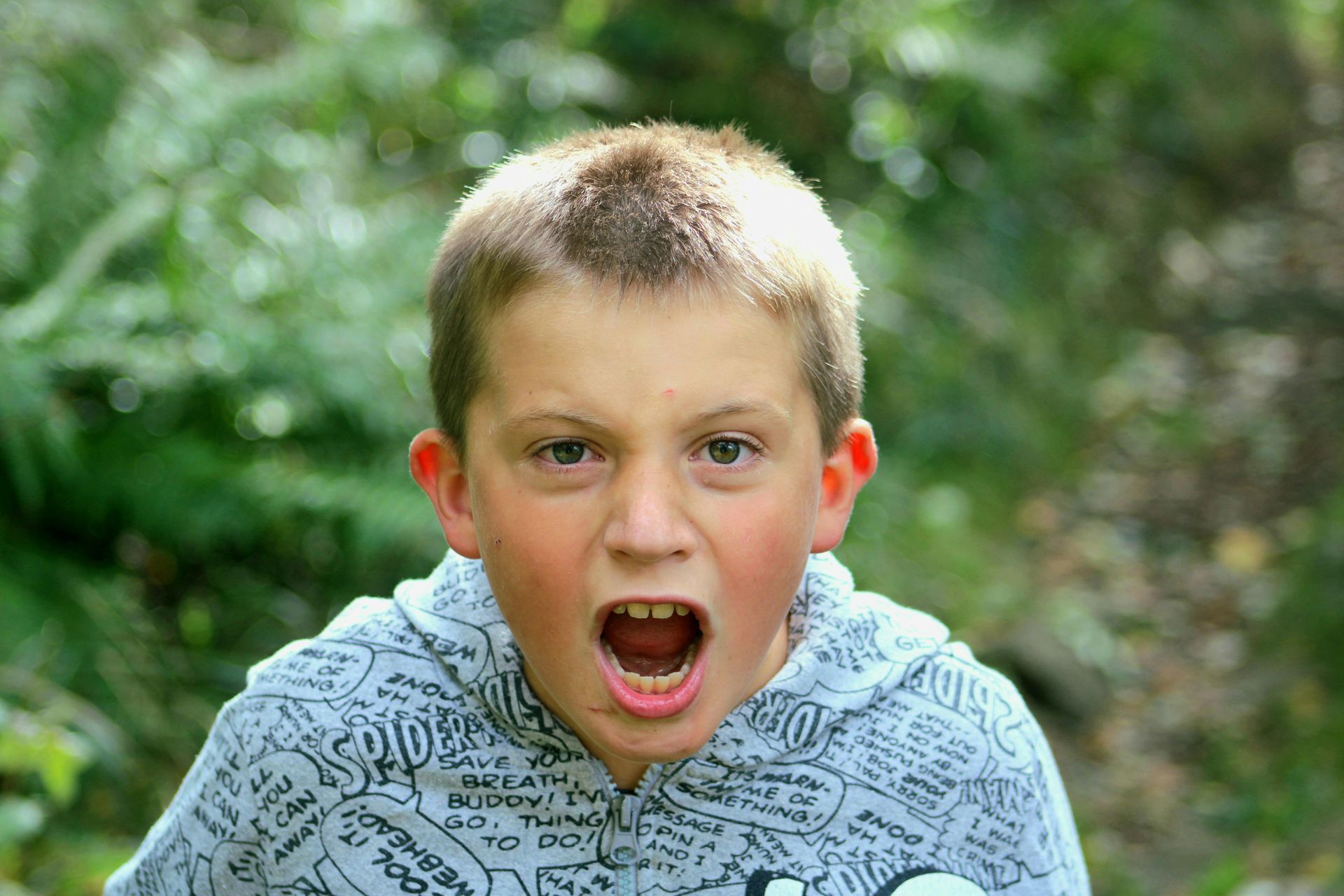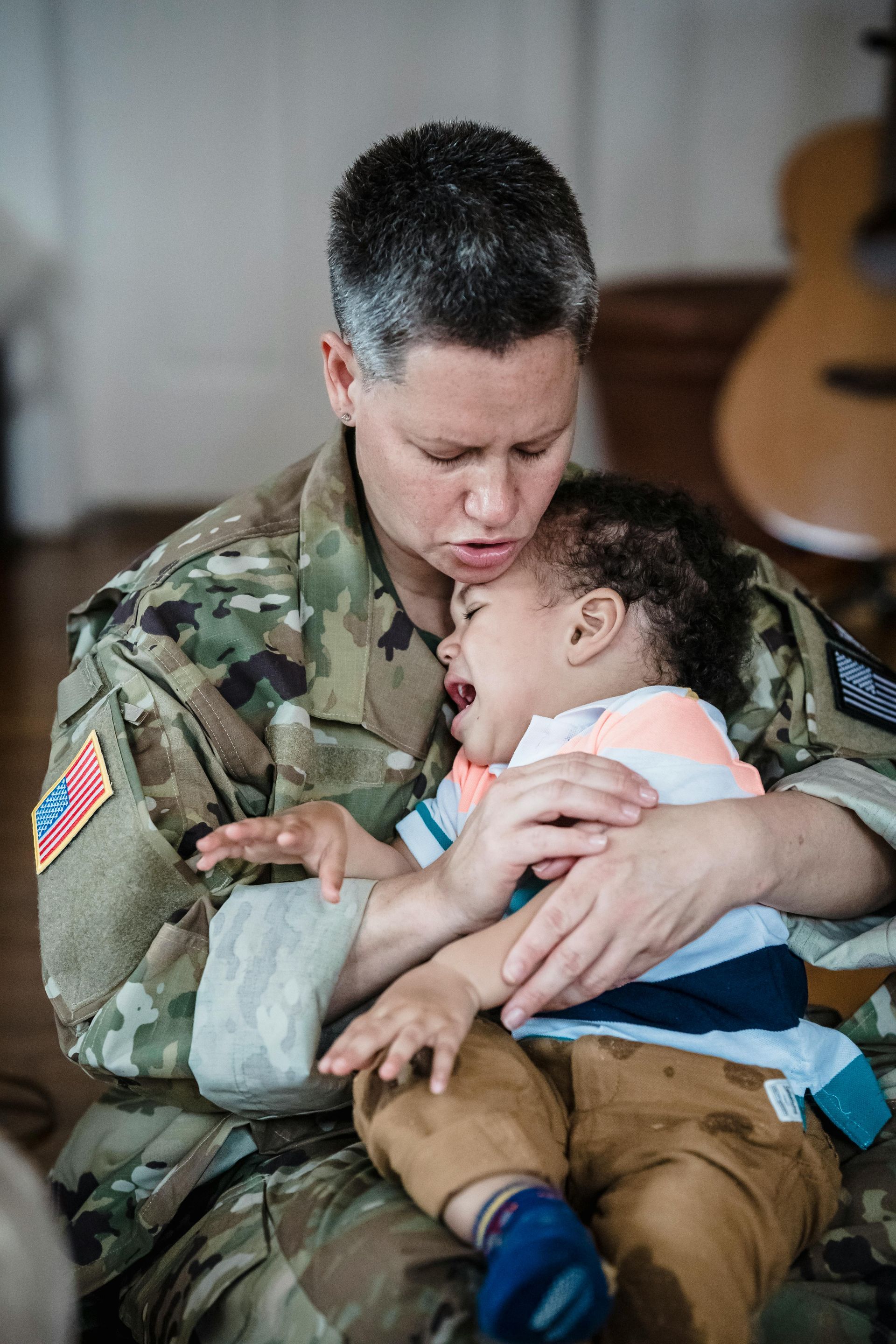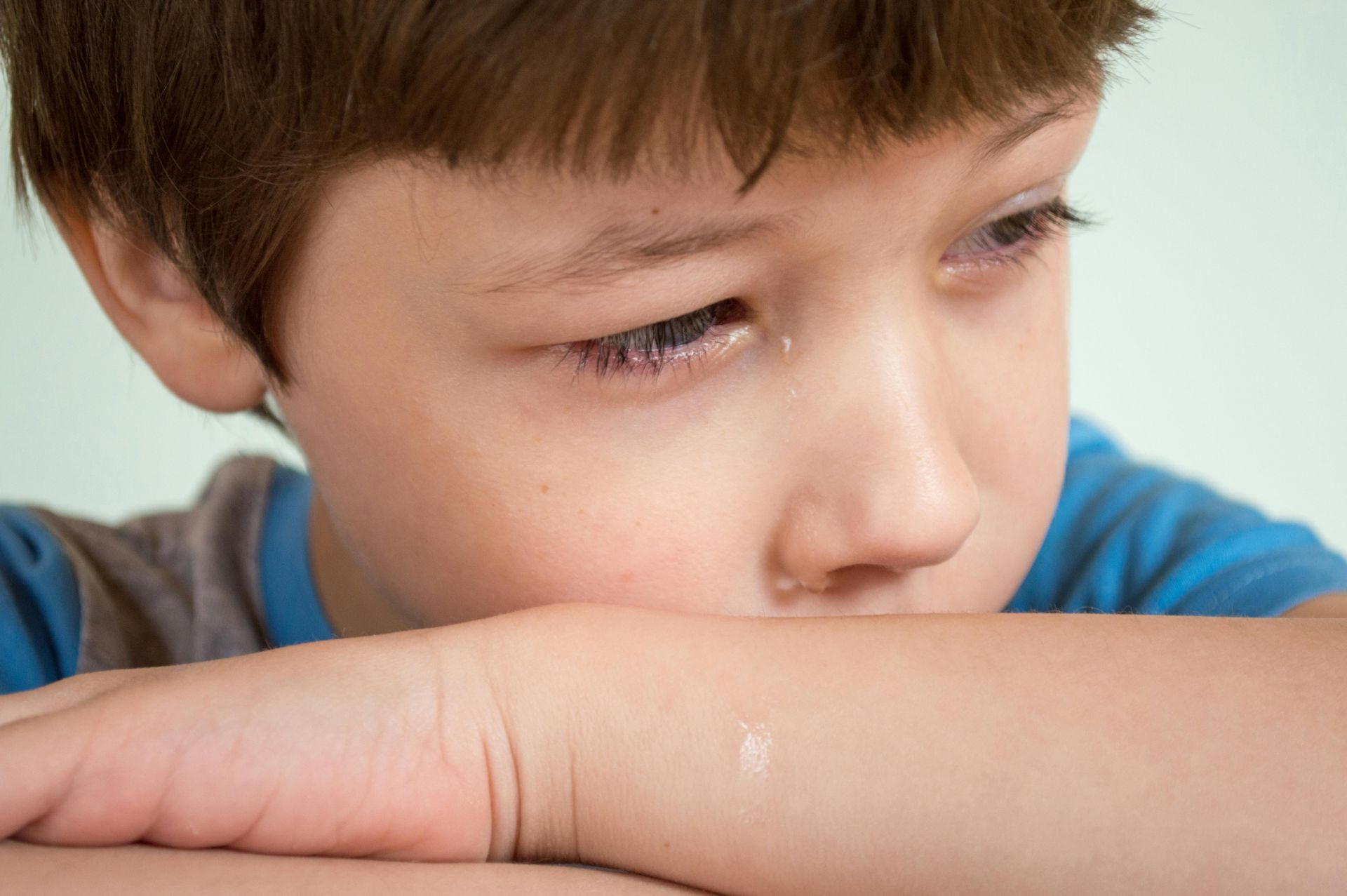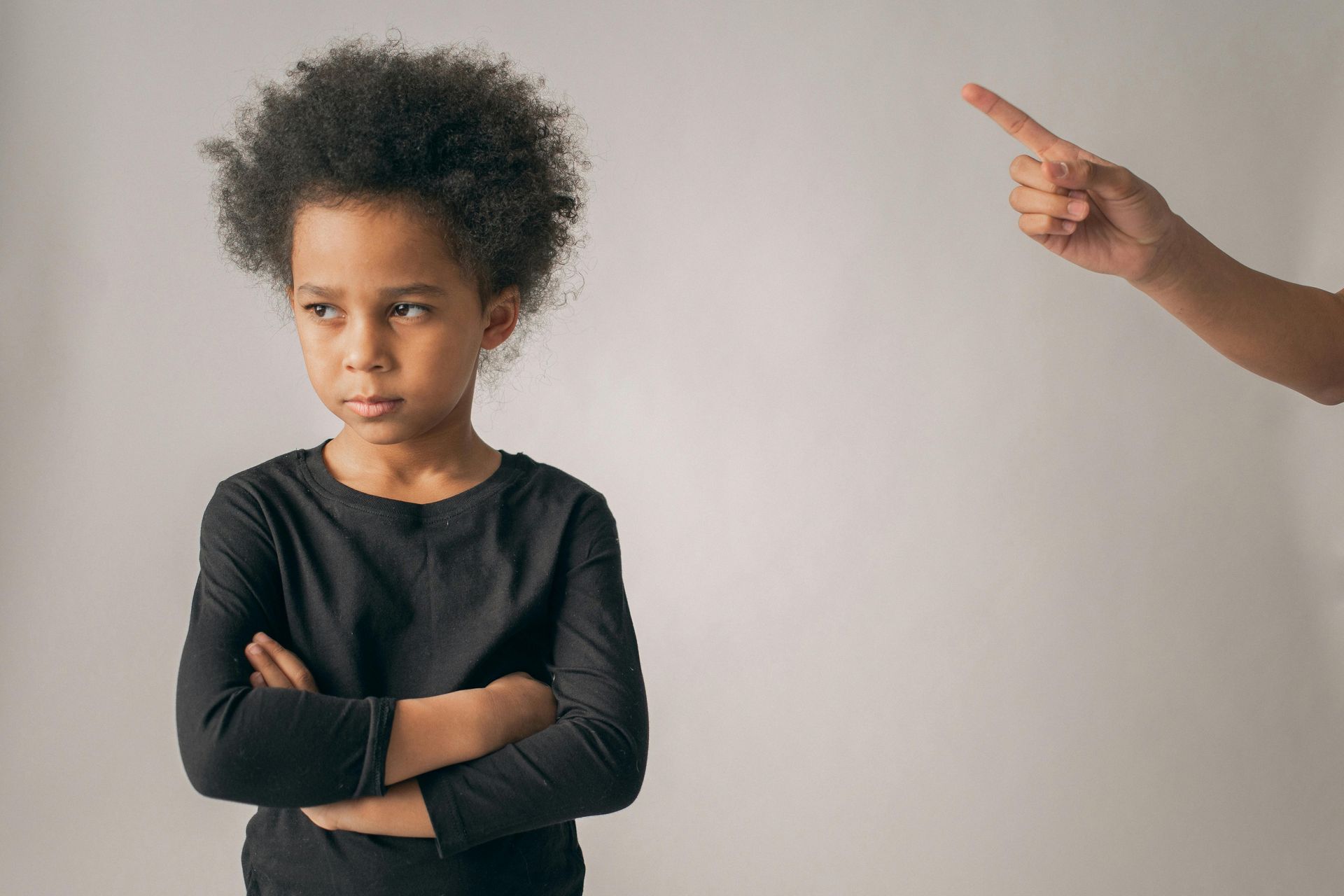RADICAL ACCOUNTABILITY
Shift the focus away from blame and back to leadership
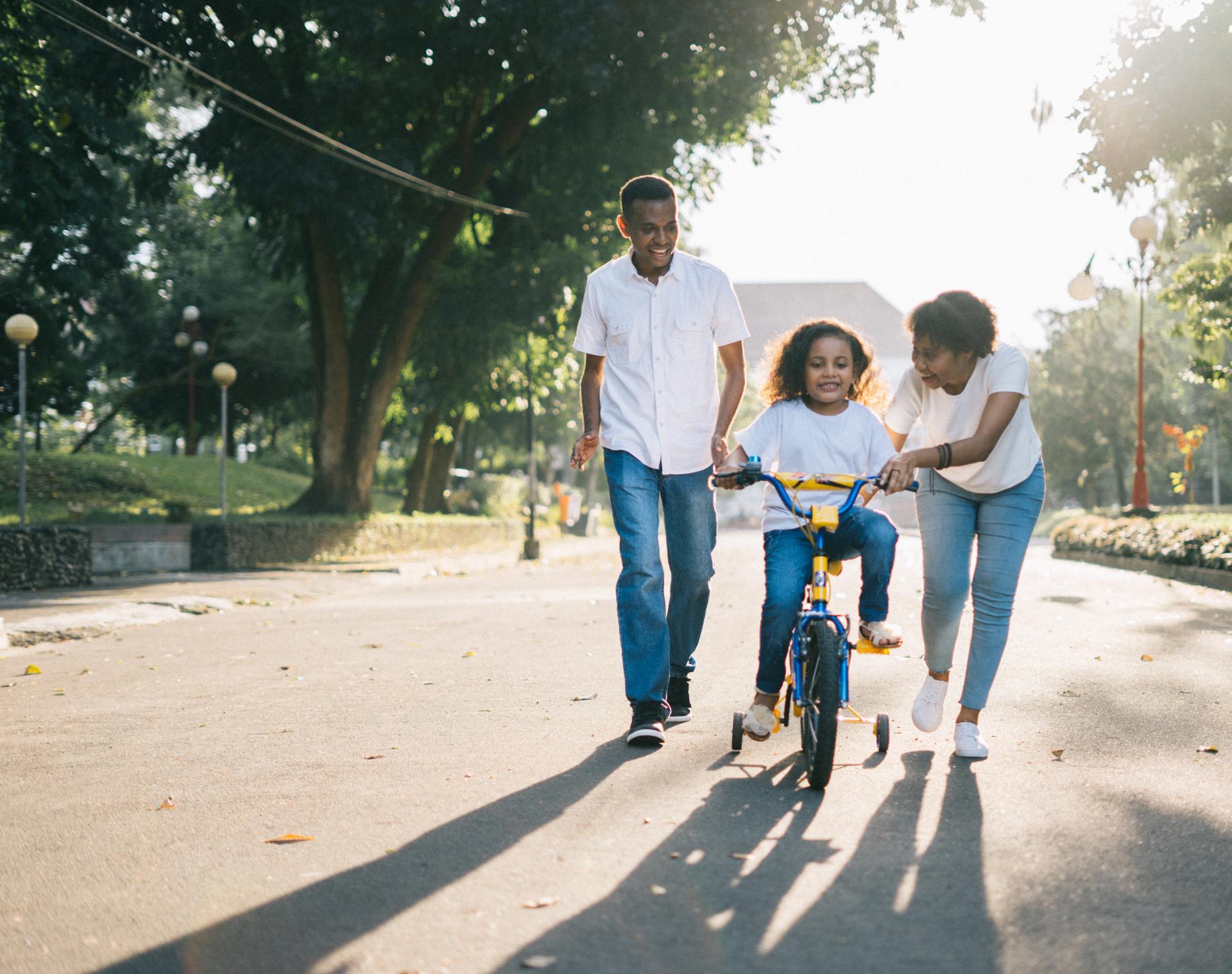
One of the most transformative shifts we can make as parents is embracing full accountability for our role in shaping our child’s behavior and environment. This is not about guilt or blame. It is about stepping into our power as leaders and recognizing that our influence is the key to creating a home where our child can thrive.
If I am radically accountable for how my child is able to show up in this world, then I will not blame them for what they cannot do yet. I will figure out what is needed next. I will not withdraw my love. I will not shame them. I will not make them pay. I will not humiliate them. I will not ignore their existence. I will not become violent toward them. I will not threaten to take away the things they love.
Instead, I will meet their needs, both emotional and physical. I will set boundaries and I will hold those boundaries. I will teach replacement behaviors and I will practice those replacement behaviors alongside them. I will teach through modeling. I will teach through storytelling. I will hold space. I will co-regulate. I will connect.
The bottom line is this: if I am radically accountable for what my child cannot yet do, I will respond in love, not fear. There is so much I can do. The moments when I slip into unloving actions are the moments when I feel powerless, and when I feel powerless I fall into fear.
Radical accountability reminds us that we are never powerless. We always have the ability to influence with love, to lead with strength, and to create the environment our child needs to grow. I want to show you how much power you already have and how much of a leader you are. Yes, it is hard. Yes, it requires courage and consistency. But when we claim our true power as parents, fear loses its grip and love becomes the foundation our children can always depend on.
A New Mindset
Instead of thinking, What is wrong with my child? or When will they finally learn? we begin asking, What could I have done to better prepare them? and What do they need from me right now? What skill is my child missing?
This mindset brings us into curiosity, connection, and problem-solving, rather than reactivity or frustration.
There is no greater responsibility than guiding, teaching, and supporting children. Yet many adults, often unknowingly, place the burden of regulation, emotional maturity, and behavior control on children who are still learning and developing. This shows up in countless ways: expecting impulse control before the part of the brain responsible for it has fully developed, expecting emotional regulation before emotional awareness has even been taught, or expecting success in systems that do not take children’s developmental needs into account. When children behave in age-appropriate ways, being energetic, forgetful, silly, emotional, resistant, or impulsive, it is easy to misinterpret those behaviors as disobedience or defiance. But being a child is not a problem to solve. It is a stage of growth to support.
Understanding the Asymmetry Between Parent and Child
The relationship between an adult and a child is not a 50/50 partnership. It is not balanced in responsibility the way adult relationships are. The dynamic is 100/0. As the adult, we carry the full responsibility for leading with patience, consistency, and care. That means regulating ourselves first, designing environments that support success, modeling the behaviors we want to see, and adapting our strategies to meet our child’s needs.
So often we find ourselves thinking, I have told them so many times already, why don’t they listen? They keep hitting and they know better. We do not yell in this house, they know this already. In these moments, radical accountability shifts the focus away from blame and back to leadership. Instead of assuming defiance, we recognize that they cannot yet do what we are asking, or that something else is needed for them to succeed more consistently.
When we forget that this responsibility lies with us, we often shift blame onto the child. We blame them for being impulsive instead of supporting regulation. We shame them for struggling instead of recognizing their limits. We punish them for what they have not yet learned. But it is not a child’s job to know what to do before we teach them. It is not their job to manage emotions without support. It is not their job to succeed in an environment that does not consider their developmental stage. Our role is to create the conditions where they can learn, grow, and succeed.
How This Shift Impacts Everything
This leadership-focused mindset applies everywhere: in parenting, coaching, education, and even policy. When we place accountability on the adult, solutions become clearer and more compassionate. A sports coach who notices a child disengaged or disruptive adjusts the structure to invite better participation. A parent who struggles with bedtime asks what might be making the transition difficult and changes their approach. A teacher noticing students cannot focus reflects on how the classroom environment can better support attention and engagement. Even at the systems level, when children are not thriving, the answer is not to label them as broken but to re-evaluate the systems around them. When we lead from this perspective, we stop punishing children for being human and start supporting them in building the skills they need to succeed.
What Taking Accountability Looks Like
Imagine your child walks into a library and speaks loudly. Instead of thinking, What is wrong with them? or reacting with frustration, you might think, Ah, I forgot to prepare them for this space. That simple shift helps you stay regulated and supportive. From there you can calmly say, “Hey, I didn’t tell you before we came in, but in libraries we use quiet voices because people are reading. Let’s whisper now.” No shame. No frustration. Just clear, grounded leadership.
Leadership Still Includes Boundaries
Taking responsibility does not mean letting go of boundaries or avoiding discipline. It means owning our role in upholding those boundaries with calm and clarity. When a child struggles to meet an expectation, it is not their job to self-correct in isolation. It is our job to step in and support them. If a child hits another child at the playground, the response is not, They should know better, but rather, What are they needing right now?
From there we can reflect. Do I need to move closer to prevent another hit? Do they need time by my side to regulate? Are they hungry, tired, or overstimulated? Did I notice signs of dysregulation ahead of time? How can I better support them next time we are in a similar situation? This way of thinking reminds us that leadership is proactive and responsive. Instead of correcting from a place of fear or shame, we support from a place of insight and presence. We might say, “It looks like your body is having a hard time staying calm. Let’s take a break together.” Or, “Your hands are for safe touches. I will stay close to help keep everyone safe.” If we decide to leave the playground, it is not a punishment but a choice rooted in care, designed to help our child regulate and feel supported.
Keeping High Expectations
Radical accountability does not mean lowering the bar for our children. It means we set expectations that are both appropriate and stretching, guiding them toward growth without shaming them when they are not there yet. High expectations are not about perfection, they are about believing in our child’s capacity and then supporting them step by step to meet those goals.
Since taking radical accountability does not mean we stop teaching accountability and responsibility to our children, let us make sure we know what that means and what it looks like.
Responsibility is the ability to take ownership for one’s actions and their impact. For a child, this may look like cleaning up a spill, putting toys away after play, or asking to use a toy instead of grabbing it away. Responsibility is the ability to respond well, and when our child does not, we are accountable for guiding and teaching them how to respond better.
Accountability is the practice of following through on commitments and being trustworthy. For a child, this may look like remembering to feed the dog, finishing homework they agreed to complete, or keeping a promise they made to a sibling. When we hold them accountable, we are not punishing them, we are helping them become people others can rely on.
Radical accountability as parents means we do not give up on high standards. We are simply committed to holding those standards with love, clarity, and support. We set the bar high, and then we walk with our children as they learn how to rise to it.
Why This Shift Matters
When we take responsibility for our role as leaders, several important things happen. We find compassion more easily, because we stop taking behavior personally, we stop throwing our hands up as if we are powerless, and begin responding with patience and understanding. We move into problem-solving mode, asking what support our child needs rather than reacting to the moment with blame. And we model strong leadership by calmly assessing what needs adjusting and taking steps to improve.
Reflection Questions
- When my child struggles with behavior, do I tend to blame them, or do I pause to ask myself what they still need to learn and how I can support that learning?
- How do I usually respond when I feel powerless in the face of my child’s behavior, and what might it look like to respond from love rather than fear in those moments?
- In what ways can I more clearly model responsibility and accountability for my child, so they can see what it looks like to take ownership and follow through?
- Where in our daily life could I raise the bar with appropriate high expectations, while also staying committed to walking beside my child as they grow into meeting those expectations?

